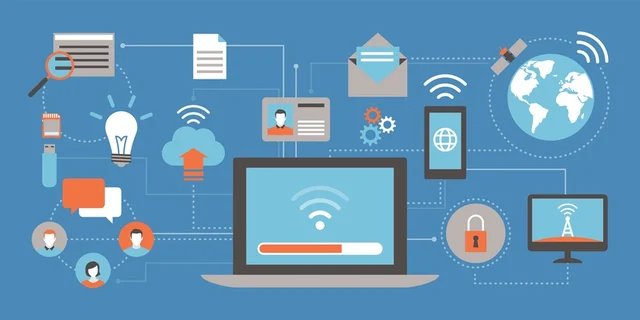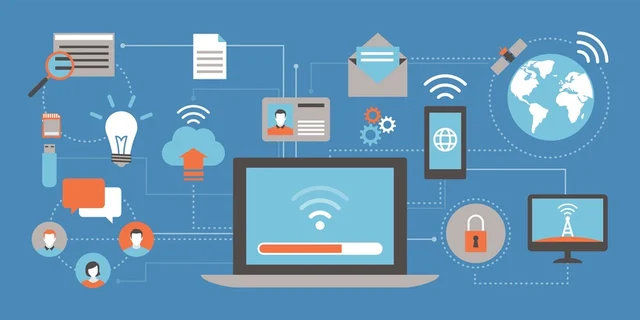
Information travels at lightning speed, so businesses and individuals alike must be prepared to navigate the challenges of reputation emergencies. A single negative post, viral misinformation, or a public relations misstep can escalate into a full-blown crisis if not handled effectively. Let’s explore strategies for social media crisis management to help businesses protect their reputation and emerge stronger from unforeseen challenges. Additionally, for those facing the daunting task of managing crises involving online content, including negative posts or damaging information, we’ll delve into techniques such as guaranteed removals to assist in removing Google search results, ensuring a more positive online presence for individuals and businesses alike.
Table of Contents
Proactive Monitoring
The first line of defense in social media crisis management is proactive monitoring. Regularly track mentions of your brand across all social media platforms. Utilize social listening tools to stay ahead of the conversation and identify potential issues before they escalate. By being aware of what’s being said about your brand in real-time, you can respond swiftly and mitigate the impact of negative sentiment.
Establish A Response Team
When a crisis strikes, a prompt and coordinated response is essential. Establish a dedicated social media crisis response team with clear roles and responsibilities. This team should include representatives from public relations, customer service, and key decision-makers. A well-defined chain of command ensures that responses are cohesive, timely, and aligned with the crisis management strategy.
Transparency And Authenticity
In the face of a social media crisis, transparency is your ally. Address the issue head-on, acknowledging the concerns and providing honest, transparent information. Authenticity is key – users appreciate genuine responses rather than scripted PR statements. If mistakes were made, admit them, outline the steps to address the issue, and communicate any changes or improvements moving forward.
Empathetic Communication
During a crisis, emotions run high, and it’s crucial to communicate with empathy. Understand the concerns of your audience, acknowledge their feelings, and express genuine empathy. Avoid appearing dismissive or defensive. Show that you value and understand the perspectives of those affected. Empathetic communication helps build bridges and fosters understanding, even amid a crisis.
Pause Scheduled Content
In the heat of a crisis, the last thing you want is automated content that appears tone-deaf or irrelevant. Immediately pause any scheduled social media posts or campaigns. Manually review and assess the content set to go live, ensuring it aligns with the current situation. This step prevents the unintentional posting of content that could exacerbate the crisis or appear insensitive.
Diversify Communication Channels
While social media is a primary battleground during a crisis, diversifying communication channels is essential. Consider utilizing other platforms, such as press releases, official statements on your website, or email newsletters, to provide in-depth information and updates. This ensures your message reaches a broader audience and allows for a more controlled narrative outside the immediate social media sphere.
Engage Directly And Privately
Not all crisis resolution needs to play out publicly. Engage directly and privately with individuals who are directly affected or expressing concerns. Offering a direct line of communication demonstrates a commitment to resolving issues individually and prevents the public escalation of disputes. Strive to convert negative sentiment into constructive dialogue through personalized engagement.
Learn And Adapt
After the storm has passed, take the time to conduct a thorough post-crisis analysis. Evaluate your response’s effectiveness, identify improvement areas, and document lessons learned. Use this information to update your social media crisis management plan and refine your communication strategies. Learning from each crisis empowers your organization to be better prepared for future challenges.
Rebuilding Trust
Rebuilding trust is a gradual process that requires consistent effort. Once the crisis has been resolved, focus on rebuilding a positive relationship with your audience. Work on Google search removals of negative content and communicate your steps to address the issue. Highlight positive changes or improvements and showcase your commitment to learning from the experience. Authenticity in rebuilding trust is paramount for long-term success.
Continuous Monitoring and Preparedness
Social media crises can be unpredictable, but staying vigilant and prepared is an ongoing commitment. Implement continuous monitoring systems to track online conversations and proactively address emerging issues. Regularly update your crisis management plan, conduct drills with your response team, and ensure everyone knows their roles and responsibilities. Being prepared is the best defense against unforeseen reputation emergencies.
Conclusion
Effective crisis management is a non-negotiable aspect of business strategy in the digital age, where social media can make or break a reputation instantly. By adhering to the guidance provided above, businesses can resiliently navigate social media crises. Remember, how you handle a crisis can define your brand’s legacy and influence customer perceptions long after the storm has passed.
